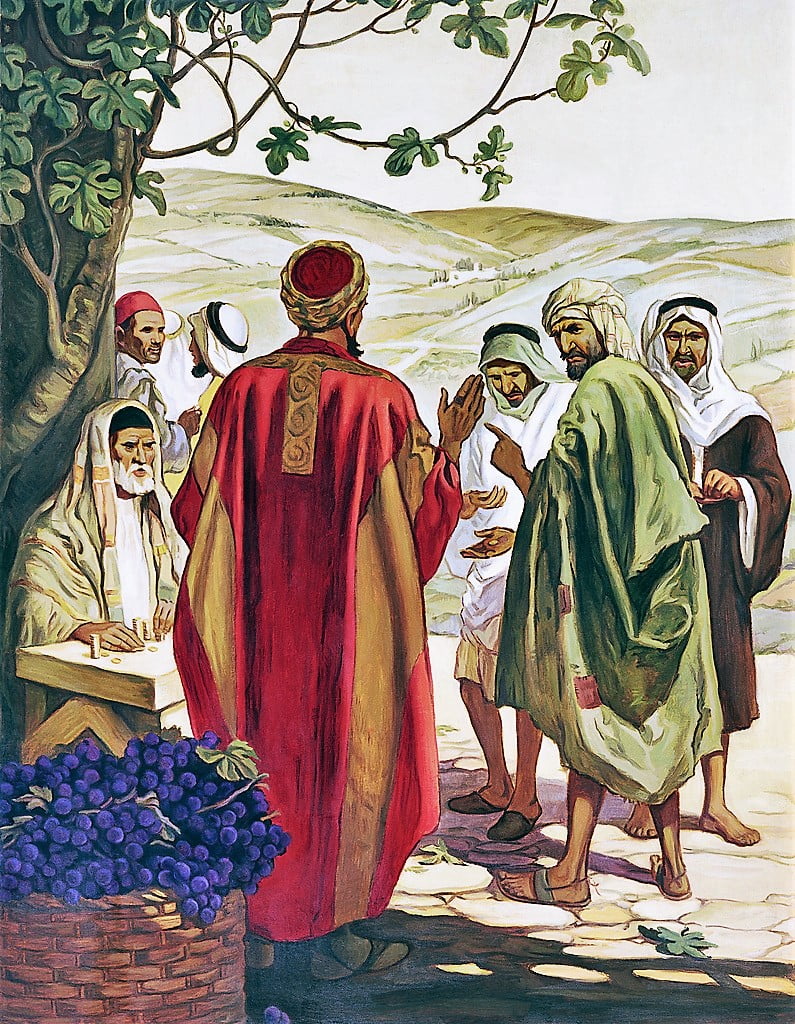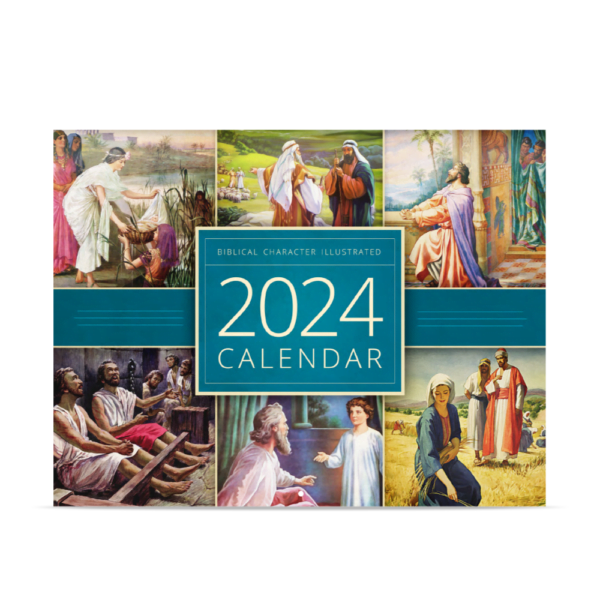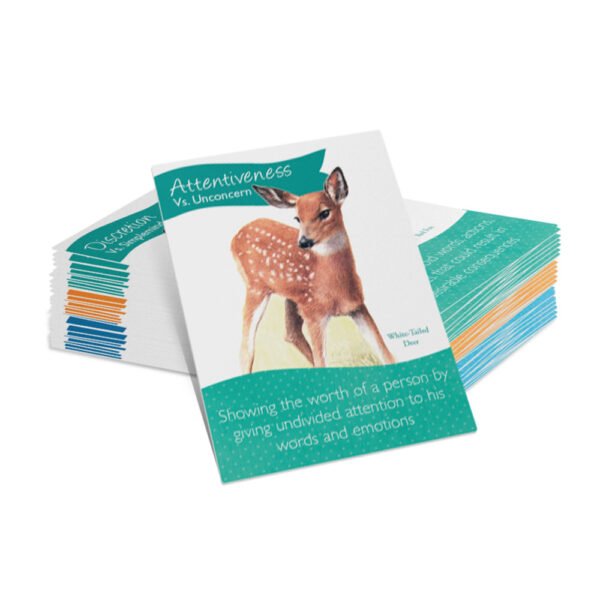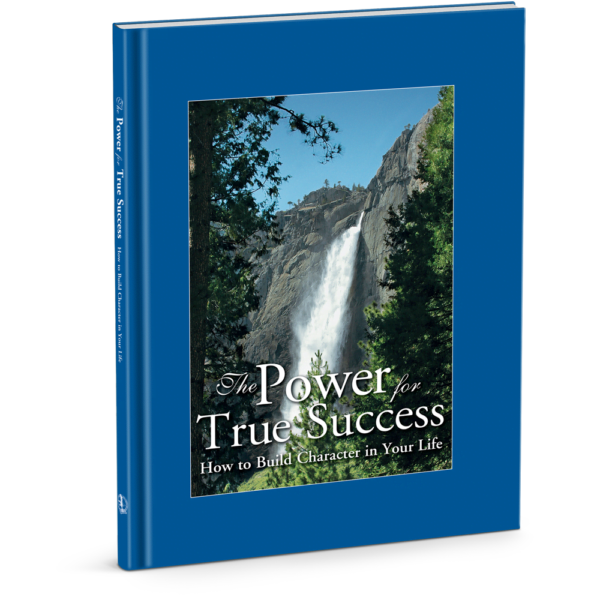
Contentment
Key Verse
The operational definition of contentment is “realizing that God has provided everything I need for my present happiness.” When a person is thankful and happy, whether he has little or much, then he is content. Lasting contentment is found only when God is the source of someone’s life, joy, peace, identity, and purpose. Contentment comes from the security of knowing that one’s greatest need (forgiveness) has already been provided by Jesus, Who never leaves him. Assured that he belongs to Jesus, the believer has everything he needs. This truth helps him to recognize that temporary things, such as possessions, power, or popularity, will never satisfy as only Christ can.
The opposite of contentment is covetousness. A covetous person has an intense desire for something he does not have. Rather than being thankful for what he has, he focuses on what he does not have. He sets his heart on something that he believes to be necessary for his happiness. He doesn’t believe that only God can bring the satisfaction he seeks. If a person desires an object more than God, this replacement object is an idol, since he should be finding satisfaction in God alone. (See Colossians 3:5.) A person’s craving may lead him to scheme in order to get what he wants, even if his actions hurt others. If you find yourself longing for new clothes, the latest device, or being popular, what do you do with that desire? Do you think about it constantly, or do you entrust it to the Lord?
Evaluation Questions
- In what specific ways do I enjoy God’s presence?
- Am I gratefully using the possessions I have, or do I seek to own more?
- How do I respond when my possessions are damaged or stolen?
- Do I focus on what I do have or on what I don’t have?
- Do I truly believe that God has given me all that I need?
- What is my response to advertisements that foster discontentment?
- How can I discern if my desires align with God’s desires?
- Am I set on attaining something that I think will make me happier?
- Do I know how to overcome the temptation to complain or envy?
More About Contentment


God enables me to:
Check my desires.
Refrain from envy and jealousy.
Enjoy what I have.
Treasure the small things.
Be thankful for what I have.
Stop complaining about what I do not have.
Value relationships more than possessions.
Take care of my belongings.
Give to others.
Befriend those who are less fortunate.
Contentment in Scripture
The Workers Who Expected More

Revealed in Nature
Deer Mouse

For Kids
Biblical Character Illustrated Curriculum
View the Contentment booklet sample:
Free Resources for Contentment
Enjoy these selections from the Biblical Character Illustrated Curriculum that are fun and memorable!














